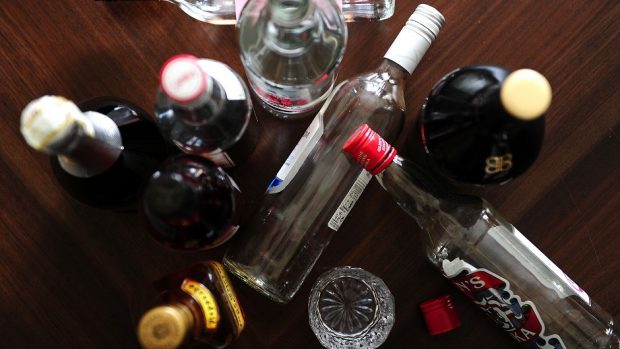A new study has revealed the direct correlation between alcohol availability and crime across the north of Scotland and further afield.
The study, by charity Alcohol Focus Scotland, looked at the link between the number of off-licences versus crime rates, hospitalisations and deaths in local authorities across the country.
In Aberdeen and Moray instances of crime were about eight times higher in areas with the most outlets compared to areas with the least.
In the Highlands, the disparity was almost five times higher. And in Aberdeenshire, the rate almost trebled.
Meanwhile death rates and hospitalisations were also markedly different in each region.
In Aberdeen deaths were more than twice as high, with hospital stays about the same.
Elsewhere, in Moray fatalities were more than four times greater and hospital stays were 90% higher.
In the Highlands, deaths were doubled with hospitalisations similarly different.
Deaths and hospital stays were three or four times greater respectively in Aberdeenshire.
Crime rates across the country were four times higher, alcohol-related deaths were double and hospital stays were almost double.
The research was carried out by the Centre for Research on Environment, Society and Health (CRESH) at the Edinburgh and Glasgow universities.
Its publication comes as Aberdeen City Council launches a licensing study which will ask people to share their views on a range of issues, including overprovision.
The authority previously lost a legal battle against retailer McColl’s after it tried to introduce a blanket ban on new off-licenses in the city.
Moray Council also has a review under way with the results scheduled to be published in November.
Dr Tara Shivaji, consultant in public health for NHS Grampian, said the study underlined the dangers of drink.
She said: “While many in public health are working to minimise alcohol consumption and harm, we live in an environment that normalises and encourages consumption through marketing and increased access.
“We must consider the impact of the overall availability of alcohol in Scotland and address the overprovision of alcohol in areas with high levels of alcohol-related harm.”
Meanwhile, crime experts have said the study should come as “no surprise”.
Will Linden, acting director of the Scottish Violence Reduction Unit, said: “We must address the current over provision of alcohol in our towns and cities and create a more positive environment for everyone, especially our children. The licensing system has a crucial role to play in creating safe and healthy communities. We all pick up the tab for alcohol harm.”
A Scottish Government spokesman said: “Licensing laws are in place to protect the public. The main aims of legislation in Scotland include improving public health, crime prevention, securing public safety and protecting young people from harm.
“Licensing applications are decided at a local level, taking account of local priorities and legal advice. This report will be a valuable tool to help local authority licensing boards make the best decisions for people living in their own areas, taking account of the law.
“We have already made progress in tackling alcohol misuse and are fully focused on implementing minimum unit pricing in May. We will also be publishing our refreshed alcohol strategy shortly.”
